Szerb-horvát szájkarate, rekordszámú menekült, drótakadály a szlovén határon: image via Index,hu @indexhu, 25 September 2015
Attila József: Lullaby
The sky has shut its eyes of blue,the house has shut its many eyes,
the meadow sleeps with quilt up too –-
sleep nice now, sleep, little Balázs.
Flies and wasps have gone to sleep,
on every foot a bowed head lies,
there's not a buzz or hum to seek –-
sleep nice now, sleep, little Balázs.
The tramcar has dozed off as well
-– and without its rattle and clash –-
it dreams it dares to clang its bell –-
sleep nice now, sleep, little Balázs.
The coat is sleeping on the chair,
its tear takes forty winks, quite wise,
today it won't split further there –-
sleep nice now, sleep, little Balázs.
Ball and whistle close their eyes,
wood and woodland outing hush,
and the good sweet gives sleepy sighs –-
sleep nice now, sleep, little Balázs.
You'll reach the far-off, you'll go on
like a glass marble in a flash –-
be a giant, only with eyelids down -–
sleep nice now, sleep, little Balázs.
You'll be a fireman and a soldier!
A shepherd's ear for wild beasts' dash!
Look, mother's nodding, going over –-
sleep nice now, sleep, little Balázs.
Attila József (1905-1937), Lullaby (Altató), 1935, translated from the Hungarian by Edwin Morgan in From Attila József: Sixty Poems (Mariscat, 2001
A migrant boy looks out from a field near the Hungarian border at Röszke: photo via Budapest Telegraph, 24 August 2015
Jozsef Attila: Altató
Lehunyja kék szemét az ég,
lehunyja sok szemét a ház,
dunna alatt alszik a rét --
aludj el szépen, kis Balázs.
Lábára lehajtja fejét,
alszik a bogár, a darázs,
velealszik a zümmögés --
aludj el szépen, kis Balázs.
A villamos is aluszik,
-- s mig szendereg a robogás --
álmában csönget egy picit --
aludj el szépen, kis Balázs.
Alszik a széken a kabát,
szunnyadozik a szakadás,
máma már nem hasad tovább --
aludj el szépen, kis Balázs.
Szundít a labda, meg a sip,
az erdő, a kirándulás,
a jó cukor is aluszik --
aludj el szépen, kis Balázs.
A távolságot, mint üveg
golyót, megkapod, óriás
leszel, csak hunyd le kis szemed, --
aludj el szépen, kis Balázs.
Tüzoltó leszel s katona!
Vadakat terelő juhász!
Látod, elalszik anyuka.
Aludj el szépen, kis Balázs.
lehunyja sok szemét a ház,
dunna alatt alszik a rét --
aludj el szépen, kis Balázs.
Lábára lehajtja fejét,
alszik a bogár, a darázs,
velealszik a zümmögés --
aludj el szépen, kis Balázs.
A villamos is aluszik,
-- s mig szendereg a robogás --
álmában csönget egy picit --
aludj el szépen, kis Balázs.
Alszik a széken a kabát,
szunnyadozik a szakadás,
máma már nem hasad tovább --
aludj el szépen, kis Balázs.
Szundít a labda, meg a sip,
az erdő, a kirándulás,
a jó cukor is aluszik --
aludj el szépen, kis Balázs.
A távolságot, mint üveg
golyót, megkapod, óriás
leszel, csak hunyd le kis szemed, --
aludj el szépen, kis Balázs.
Tüzoltó leszel s katona!
Vadakat terelő juhász!
Látod, elalszik anyuka.
Aludj el szépen, kis Balázs.
1935. febr. 2.
Szijjártó a BBC-n ostorozta a médiát [photo Reuters]: image via Index,hu @indexhu, 25 September 2015
Bus collides with tram in the rain, Budapest: photo by Gábor Olvasónk vua index,hu, 25 September 2015
Situation worsens on the serb-cro border as heavy rain approaches - #refugeecrisis: image via Levente Hernadi @Lvnte, 25 September 2015
Record 10,000 migrants enter Hungary on Wednesday: AFP, 24 September 2015
A new record of 10,046 migrants entered Hungary on Wednesday, mostly via Croatia, police say.
A
total of 9,939 migrants entered from Croatia, while 102 crossed from
Serbia, police said. The discrepancy of five migrants in the figures was
not immediately explained.
The previous record was set on
September 14, when 9,380 migrants crossed just before Hungary
effectively sealed its border with Serbia.
The closure of
Hungary's border with Serbia last week led thousands of migrants to
enter Croatia, quickly overwhelming authorities who then started bussing
them to the Hungarian border.
After crossing into Hungary, trains
then take the migrants to the Austrian border. The eastern Austria
state of Burgenland recorded 5,900 new arrivals on Wednesday and a
further 2,200 since midnight.
From Austria the
migrants seek to travel onwards to northern Europe, in particular Sweden
and Germany which has relaxed asylum rules for Syrians but also
tightened border controls.
Migrants protest outside a train that they are refusing to leave for fear of being taken to a refugee camp from the train which has been held at Bicske station since yesterday in Bicske, near Budapest, Hungary. According to the Hungarian authorities a record number of migrants from many parts of the Middle East, Africa and Asia are crossing the border from Serbia. Since the beginning of 2015 the number of migrants using the so-called Balkans route has exploded with migrants arriving in Greece from Turkey and then travelling on through Macedonia and Serbia before entering the EU via Hungary. The massive increase, said to be the largest migration of people since World War II, led Hungarian Prime Minister Victor Orban to order Hungary’s army to build a steel and barbed wire security barrier along its entire border with Serbia, after more than 100,000 asylum seekers from a variety of countries and war zones entered the country so far this year: photo by Matt Cardy via FT Photo Diary, 4 September 2015
Istvan Rev: Hungary’s Politics of Hate
Hundreds of #refugees camp inside a cemetery at Sid (cro) waiting for bussesWe found the new #Madmaxwagon, built for the CRO-HUN border #Zakany #Hungary #refugeecrisis: image via Levente Hernadi @Lvnte, 23 September 2015
Hungary’s Politics of Hate: Istvan Rev, International New York Times, 25 September 2015
BUDAPEST — While journalists flocked to cover the chaos at Budapest’s Keleti Station and thousands of refugees marched on foot
along the M1 motorway toward the Austrian border, Viktor Orban, the
prime minister of Hungary, was watching the Hungary-Romania soccer match
from his V.I.P. box in the Budapest football stadium.
Before
the kickoff, Hungarian and Romanian “ultras” shouted Nazi slogans and
fought one another at the stadium, after having warmed up by harassing,
insulting and beating up hundreds of hopelessly exhausted refugees, who,
in their panic, had mistaken the noise of fireworks for gunshots.
Mr.
Orban, who recently built a $20 million dollar soccer stadium next door
to his summer cottage -- with seats for 4,000 people in a village with
fewer than 2,000 inhabitants -- had cut short a meeting with foreign
leaders in Prague in order to get back to Budapest in time for the
match. His behavior recalled the habit of Nicolae Ceausescu, the
one-time Romanian Communist dictator, who never allowed social unrest to
disturb his favorite pastime.
What
is happening in Hungary is not just about the global refugee crisis and
its consequences for Europe. It is also the beginning of the 2018
Hungarian election campaign. And it provides a cautionary tale about
what could happen in Europe, and not only in Europe, when radical,
nationalist populists take over the state.
Mr.
Orban recently announced in the Frankfurter Allgemeine Zeitung that his
aim is “to keep Europe Christian.” He began his xenophobic campaign
eight months ago in Paris after the Charlie Hebdo massacre. He chose the
massive demonstration in Paris on Jan. 11 as the most appropriate
occasion to announce the need to stop the influx of non-Christian
migrants to Europe.
#Hungary President #Orban's anti-terror-unit captured "terrorists": image via Mark @markito0171, 18 September 2015
For
him the massacre demonstrated that migration inevitably leads to terror
-- despite the fact that the killers were not recent immigrants but
long-settled French citizens. He insists that European political
correctness and decadent moral relativism make it impossible to address
this threat.
At
the end of this unusually hot and tragic summer, he announced: “We are
experiencing the end of a spiritual-intellectual era. The era of
liberalism.” But this, Mr. Orban declared, “provides the opportunity for
the national-Christian thinking to regain its dominance not only in
Hungary, but in the whole of Europe.” To defend European Christendom,
Hungary -- together with the Czech Republic, Slovakia and Romania -- voted
last week against distributing 120,000 mostly Muslim asylum seekers
among the European Union’s member states. Never mind that the Hungarian
minister of the interior announced in January 2014 that Hungary would be
easily capable of accommodating 170,000 Hungarian-speaking Ukrainians,
who are predominantly Christians, if they ever had to flee.
In
early 2015, the popularity of the ruling party declined dramatically
due to major corruption scandals involving the government and Mr.
Orban’s family. Voters started shifting toward the neo-Nazi Jobbik party
-- which is, distressingly, the only serious opposition to Mr. Orban’s
government. These neo-Nazis have been moralizing about anticorruption
policies and defending the rights and interests of what they call
true-born Hungarians.
Raising
the refugee issue provided Mr. Orban’s beleaguered government with a
unique opportunity to mount a nationalist, racist, xenophobic campaign
of its own -- while of course taking care to distinguish itself from the
neo-Nazis by refusing to spout hatred about either the Jews or the Roma.
Another fence is being built on the #Hungary-an-#Slovenia-n border. The #Croatia-n one will be finished in the weekend: image via Szabolics Panyi @panyiszabolics, 24 September 2015
Following
a nationwide billboard campaign over the summer that incited hatred and
spread fear with slogans like “If you come to Hungary, you must respect
our culture,” the country -- as if it were at war -- is now flooded with
huge posters: “The people decided, we must defend our country.” Faced
with Mr. Orban’s radicalism, the neo-Nazis look faint-hearted and
indecisive. Had Jobbik done what the prime minister is doing now, it
would have been widely denounced. But the prime minister is posing as
the Christian savior of Europe.

OH, FUCK OFF HUNGARY. Taking a full page refugee warning in a Jordanian newspaper #NoOneIsIllegal #FortessEurope: image via Tarakiyee @Tarakiyee, 11 September 2015
According
to the official history books -- and there are only officially-approved
history books in Hungarian schools today -- Hungary has always been the
last bastion of Christianity in Europe: against the Mongols in the 13th
century, against the Ottomans in the 16th and 17th, and against the
Bolsheviks during World War II.
Now,
according to this narrative, Hungary is being forced to defend the same
values as the West lapses into moral relativism, multiculturalism and
same-sex marriage. Sometimes, according to the logic of Hungarian
foreign policy, the only way to defend the traditions of Christianity is
to make an alliance with the East, joining Vladimir Putin’s crusade
against the decadent West.

Murio la verdad: Francisco de Goya y Lucientes, 1810-1814, etching, 175 x 220 mm
Murio la verdad: Francisco de Goya y Lucientes, 1810-1814, etching, 175 x 220 mm
The
country’s top Catholic clergy is doing its part to arouse enmity, too.
Cardinal Peter Erdo, who is also president of the Council of European
Bishops, said that if the church provided asylum to the refugees, it
would amount to becoming people-smugglers. The bishop of Szeged, Laszlo
Kiss-Rigo, responded to Pope Francis’ plea to show mercy to the refugees
by asserting: “The pope does not know what he says.” The church and
government seem to have forgotten the hospitality Hungarian refugees
experienced in the West when they fled after the Soviets crushed the
1956 revolution.
Hungary
has already built a razor-wire fence along the Serbian border; it is
now constructing another along the frontier with Croatia. Relations with
neighboring countries haven’t been worse since the dissolution of the
Austro-Hungarian monarchy in 1918. A new law passed by the ruling party
with neo-Nazi support authorizes the government to introduce a state of
emergency, mobilize military reservists, and treat illegal border
crossing as a crime punishable by several years in prison.
Mr.
Orban is bolstering his popularity by spreading fear and inciting
hatred — not only against refugees, but against the thousands of
Hungarians who have helped them day and night, in heat and rain. The
country has turned into a fenced fortress that imagines it is fighting
an enemy at the gates, and also an enemy within: the good-hearted
Hungarians who dare to show solidarity with refugees, who are ashamed of
their government, and who remember what happened to our Jewish
Hungarian compatriots in 1944.
Hungarian
democrats now find themselves unwelcome refugees in their own country,
ruled by a government that would gladly transport them to the Austrian
border.
Csapdát rejt a horvát határzár: image via Index,hu @indexhu, 24 September 2015
Attila József: Night on the Outskirts
#refugeecrisis reportage from the Hun-Aut #border by photographer Balint Hirling for Vs.hu: image via Levente Hernadi @Lvnte, 22 September 2015
Slowly the light’s net is lifted
Out of the yard, and our kitchen
Fills with darkness
Like the hollows deep in a pool.
Out of the yard, and our kitchen
Fills with darkness
Like the hollows deep in a pool.
Silence --
The scrubbing brush creeps to life,
Above it, a patch of wall
Hesitates, hangs, not sure
Whether to stay or fall.
The scrubbing brush creeps to life,
Above it, a patch of wall
Hesitates, hangs, not sure
Whether to stay or fall.
A night that wears oily rags
Heaves a sigh,
Halts in the sky;
Then settles on the outskirts,
Waddles over the square
And lights a bit of moon to see by.
Heaves a sigh,
Halts in the sky;
Then settles on the outskirts,
Waddles over the square
And lights a bit of moon to see by.
Like ruins the factories loom.
But inside them a denser gloom
Even now is being produced. It sets,
A foundation for silence.
But inside them a denser gloom
Even now is being produced. It sets,
A foundation for silence.
Through the windows of textile mills
Fly moonbeams in sheaves --
Moon thread till morning weaves
On motionless looms a fabric
Of girl workers’ dreams.
Fly moonbeams in sheaves --
Moon thread till morning weaves
On motionless looms a fabric
Of girl workers’ dreams.
Farther on, like a cloistered graveyard,
The foundry, bolt makers, cement works –-
Echoing family crypts.
Too well these workshops keep
The secret of resurrection.
The foundry, bolt makers, cement works –-
Echoing family crypts.
Too well these workshops keep
The secret of resurrection.
A cat’s claws on the fence:
And the simple night-watchman sees
A ghost, a flashing signal.
Coolly gleam
The beetle-backed dynamos.
And the simple night-watchman sees
A ghost, a flashing signal.
Coolly gleam
The beetle-backed dynamos.
A train whistle blows.
Dampness seeps into
The shadows, the boughs
Of a fallen tree.
The dust on the road grows heavy.
The shadows, the boughs
Of a fallen tree.
The dust on the road grows heavy.
In the street a policeman,
A muttering workman, pass.
Now and then a comrade
Flits past with leaflets -
Keen as a dog on the track ahead,
Listening, cat-like, for noises behind him;
avoiding the lamps.
A muttering workman, pass.
Now and then a comrade
Flits past with leaflets -
Keen as a dog on the track ahead,
Listening, cat-like, for noises behind him;
avoiding the lamps.
The tavern door belches out
A tainted light, its windows
Vomit, leaving puddles.
Inside, a half-stifled lamp
Slowly swings,
A solitary labourer keeps awake.
While the inn-keeper snores and wheezes,
He bares his teeth at the wall,
His grief climbs the stairs. He weeps,
Cries out for the revolution.
A tainted light, its windows
Vomit, leaving puddles.
Inside, a half-stifled lamp
Slowly swings,
A solitary labourer keeps awake.
While the inn-keeper snores and wheezes,
He bares his teeth at the wall,
His grief climbs the stairs. He weeps,
Cries out for the revolution.
Cold metal, the water clinks.
A stray mongrel, the wind
Wanders. Its great tongue hangs
To touch the water, and laps it.
Straw mattresses are the rafts
That drift on night’s currents.
A stray mongrel, the wind
Wanders. Its great tongue hangs
To touch the water, and laps it.
Straw mattresses are the rafts
That drift on night’s currents.
The warehouse’s hulk is aground.
In the foundry’s iron dinghy
The smelter dreams red babies
Into the metal moulds.
In the foundry’s iron dinghy
The smelter dreams red babies
Into the metal moulds.
All is damp, and heavy.
Mildew draws a map
Of misery’s regions.
And there, on the dry meadows,
Rags and paper litter
The ragged, papery grass.
How they would whirl and fly!
They stir, but inertia holds them.
Mildew draws a map
Of misery’s regions.
And there, on the dry meadows,
Rags and paper litter
The ragged, papery grass.
How they would whirl and fly!
They stir, but inertia holds them.
Night, your sluggish breeze
Is a flapping of soiled sheets.
Like frayed muslin to cord
You cling to the old sky,
As wretchedness clings to life.
Is a flapping of soiled sheets.
Like frayed muslin to cord
You cling to the old sky,
As wretchedness clings to life.
Night of the poor, be my coal,
Smoulder here on my heart,
Melt the iron in me, to make
An anvil that never will split,
A hammer that clangs and glints,
A smooth blade for victory, night!
Smoulder here on my heart,
Melt the iron in me, to make
An anvil that never will split,
A hammer that clangs and glints,
A smooth blade for victory, night!
Grave this night is, and heavy.
I too shall sleep now, my brothers.
May our souls not be smothered by want.
Nor our bodies be bitten by vermin.
I too shall sleep now, my brothers.
May our souls not be smothered by want.
Nor our bodies be bitten by vermin.
Attila József (1905-1937), Night on the outskirts (Külvárosi éj), 1932, translated from the Hungarian by Michael Hamburger in Attila József: Poems (Danubio, 1966)
Bus collides with tram in the rain, Budapest: photo by Gábor Olvasónk via index,hu, 25 September 2015
Orbán Viktor megnyerte az MSZP-Jobbik-Liberálisok triót is: image via Index,hu @indexhu, 24 September 2015
Risking everything on their long walk to freedom #Hungary @helenpercival84 @AFPblogs: image via Agence France-Prese, 25 September 2015
Helen Percival: A Long Walk
A child presses his face against the window on a Hongarian police bus, near Röszke, at the the Hungarian-Serbian border, on 27 August 2015: AFP photo / Attila Kisbenedek
Correspondent / behind the news: A long walk to freedom: Helen Percival, AFP Correspondent, 25 September 2015
BUDAPEST, September 23, 2015 - A little Syrian boy
appears between the legs of a line of Hungarian police. He grips a dirty
plastic bag of bread rolls and is clearly lost.
Standing in the rain, he quietly looks up at the officers.
The police gesture to a family climbing on a nearby bus headed to a
migrant camp, asking if he belongs to them. They firmly shake their
heads and move on.
All the while, in the shoving and confusion, the little boy looks on
as the rain falls. With barely any hesitation, the police lift the boy
onto the bus, the doors close and the bus pulls away.
That was 45 seconds at Röszke migrant collection point in Hungary.
Refugees cross the Hungarian-Serbian border on 14 September 2015: AFP Photo / Armend Nimani
There is a fine line between witnessing life as 'the journalist', and
engaging with what you see on a human level. For me, that line was
crossed many times while I was in Hungary.
I'd flown to Budapest five days earlier and headed straight to the
Keleti train station where people from Syria, Afghanistan and Iraq were
waiting to board trains to Vienna.
The scene was relatively peaceful.
Weary mothers were waiting for trains, smiling weakly as their children
giggled and tickled each other on the floor.
At first, I was hesitant while filming, aware of their exhaustion and
vulnerability, and knowing how I would feel if I was in their shoes and
a camera was trailing me. But I was there to bear witness, and they
withstood the cameras and photographs with a dignified grace I became
familiar with over the coming week.
It was early September and tensions were building on the border with
Serbia, so AFP photographer Attila Kisbenedek and I made the two and
half hour drive to Röszke. I was grateful to be alongside Attila, who
knew the lay of the land and as a Hungarian, could communicate with
local people and the police.
Professional and personal boundaries were constantly tested during
this mission. For example, during our assignment Attila helped pull a
young boy from a crush of people, which some may say crosses the
professional boundaries of journalism.
Attila and I arrived at midnight at the Röszke collection point.
There was an eerie quiet, hundreds of people lying in sleeping bags out
under the stars.
The "migrant collection point" near Röszke on 9 September 2015: AFP photo / Attila Kisbenedek
Occasionally, you could hear the muffled cry of a baby, a hacking
cough, or the quiet talk of volunteers handing out food to bleary eyed
men and women. One young man -- a sculptor from Syria -- made space for me
on a patch of damp cardboard outside his tent, as he furiously sketched
in charcoal.
With manic stokes he brought to life a hallowed, gaunt face with dark
circles under the eyes and a pained expression. I asked him who the man
was and he simply turned and looked at me. Then I saw it. The
resemblance to the artist took my breath away. The moment was broken
when the tent behind us was unzipped from the inside and his wife
gruffly passed him a small whimpering child. “My son needs the toilet”,
he said apologetically and disappeared into the darkness. I felt
embarrassed and privileged to witness such an intimate moment.
A migrant family arrives in Hungary near Röszke on 10 September 2015: AFP photo / Attila Kisbenedek
After a few hours of sleep we were back at the camp at dawn. Skeins
of smoke from small camp fires wafted into the damp atmosphere, along
with the quiet talk of people rousing themselves for another day of
waiting, of uncertainty and hope. It was only early September but
temperatures dropped to 5 degrees overnight, so it was too cold for most
to sleep. But the striking sunrise made this bleak situation
exceptionally beautiful.
I tentatively approached a group of Syrian men huddled around a fire.
They took one look at the AFPTV camera and excitedly ushered me into
their inner circle. They passed me one of the ham rolls they had been
given by local volunteers and started teaching me a few Arabic
greetings, laughing ecstatically when I repeated the words in my British
accent. One man, with a cheeky twinkle in his piercing green eyes told
me in broken English of his journey from Syria and his ambition to reach
Germany. There was hope and humour in his story.
We snatched a few more hours of sleep in the afternoon at the hotel
but I was woken by a call from Attila saying we had to leave
immediately. A group of men and women were running along a nearby train
line after breaking out of the collection point and through police
barricades.
My adrenaline surged as I filmed police resisting the group’s attempt
to push forward, but after a short standoff the officers let them pass,
and ended up escorting them along the track.
A Syrian in his late fifties walking along the track furiously shouted to me: “Are we not humans too?!”
Police
officers stop a group of migrants who broke out of the "collection
point" near Röszke village on 9 September 2015: AFP photo / Csaba
Segesvari
Exhausted and exasperated the engineer explained his fury at being
treated like a criminal. He had attempted the deadly sea crossing to
Greece three times before finally making it. On one occasion the men
spent two hours swimming around the boat in freezing water to prevent it
from sinking, as women and children sat inside. His anger turned to
quiet dejection when he told me of his wife and four daughters still in
Aleppo.
He started to cry and asked me to stop filming. It was a hot day and he offered me water while apologising for his smell -- he hadn't been able to wash for days. It was in that moment I realised a person can be stripped of their humanity in many different ways.
Migrants walk on a road near Rözske on 8 September 2015: AFP photo / Attila Kisbenedek
That night we drove to a nearby petrol station where people smugglers
were openly piling families into cars and driving them to Budapest. The
mood was charged -- furtive glances, quick hand gestures, wide-eyed men,
women and children anxiously deciding if they should take the risk. I
began filming but quickly realised this was no place for cameras.
Not far away, another stand-off between police and a group of
migrants was unfolding. Under the cover of darkness fear and tension
permeated the air, a policeman waved his light in my face and ordered me
to turn the top light off on my camera. Suddenly a cloud streamed above
the crowd -- tear gas had been fired.
A young migrant lies on the road after police threw tear gas near Röszke on 8 September 2015: AFP photo / Attila Kisbenedek
A piercing wail filled the air and a group of men broke free of the
crowd carrying two limp bodies. They doused the young men in water.
Cameras swarmed as the two men remained motionless. “Where's the
ambulance?” one man screamed at a policeman standing by nonchalantly.
Finally the two wounded men sputtered, wretched and gasped for
breath. They remained unmoving on the floor, covered in water and
gagging occasionally. A journalist behind me leaned in close and asked
if I thought they were faking it. I couldn't even muster a response.
The coming days were raw, gritty and heavy with a sense of witnessing
a painful moment in history. The few simple Arabic greetings the men
from Syria had taught me became invaluable.
A Serbian border watchtower near Röszke, on 10 September 2015: AFP photo / Attila Kisbenedek
As a blonde woman with a large video camera I was initially viewed with suspicion, but a quick 'Walaikum Salam', meaning peace be with you, and people's eyes would light up. They would smile and shout back 'Salam Walaikum'.
One beautiful young woman offered me figs while telling me that she
had escaped Syria after her parents were killed. She said there was no
safe place on earth for her to go now. Gently smiling she told me “I'm
scared, I'm just...scared.”
After the release of the shocking video of migrants being “fed like
animals” by police in a camp, we drove straight to a nearby centre for
migrants. It was reminiscent of a World War II camp, with barbed wire
fences, stony-face policemen smoking along the perimeters, and patrols
with dogs.
Refugees warm up at the "migrant collection point" near Röszke on 8 September 2015: AFP photo / Attila Kisbenedek
Speaking to people through the wire we saw confusion, exhaustion, and
frustration. But there was still the prevailing hope that they would
soon be released and allowed to continue on their journey. I was glad
for the company of my colleague Sonia Bakaric as we were escorted by a
police officer around the perimeter.
I gestured to a guard with a German Shepherd, asking if I could film
him. He shook his head and partly released the dog’s lead, sending the
canine into a barking frenzy. I jumped and he and his two colleagues
burst out laughing and continued to smoke.
It was a real wrench to leave the border. As we drove towards the
Hungarian capital tanks were rolling in to reinforce police, and a sense
of foreboding hung heavily in the air.
Budapest’s kebab restaurants, rowdy tourists and sex shops were a
shock to the system.
When I got back to Keleti station I realised that
the scene had changed dramatically in just a few days. Hundreds of
people were camped out, men were washing and shaving using a makeshift
tap, charities handed out food and clothing and a throng of people
waited patiently to board trains to Vienna.
A group of tourists wearing sunglasses and smart clothes meandered
through the station smiling and taking pictures on their smart phones.
I spoke to one young Syrian man who showed me the mottled skin of his
two-year-old niece, caused by drinking dirty water in a camp in Greece.
An hour later I watched him board a train for Vienna -- his face a mix
of relief and anxiety.
Police
block refugees trying to board a train to Austria in Budapest's Keleti
Station on 10 September 2015: AFP Photo / Ferenc Isza
But in the turmoil, hope and goodwill also reigned at Keleti station.
Syrians laughed while forcing chocolate bars, bread, cheese and dried
biscuits into my hands. Volunteers worked on little to no sleep. One man
handed out free train tickets to Vienna. A Farsi speaker who had
travelled from Austria offered his services as a translator for people
from Iraq and Iran. I learned that desperation, darkness and division
can also bring out the power and unity of the human spirit.
My week in Hungary felt more like a month and while relieved to be
heading home, it was painful to leave behind these people and their
important stories. I was told about one Syrian man who said “You only
leave home if it's a shark's mouth.” I knew that the people I met would
only endure fear, exhaustion and uncertainty if a shark's mouth was the
alternative.
With a mixture of relief and regret I piled onto the plane back to
London, Heathrow. As we soared over Europe, effortlessly crossing the
borders others are risking their lives to breach, my heart and mind was
with the people on the ground, risking everything to complete their long
walk to freedom.
Helen Percival is an AFP video reporter based in London
At the "migrant collection point" near Röszke on 9 September 2015: AFP photo / Peter Kohalmi
Syrian children play at an improvised play-ground
of the northern city of Aleppo
AFP PHOTO /BARAA AL-HALABI: image via baraa al halabi @baraaalhalabi, 24 September 2015
The joy of children Aleppo: image via baraa al halabi @baraaalhalabi, 25 September 2015
Little girl braves barriers to deliver migrant message to pope: image via Agence France-Presse @AFP, 24 September 2015
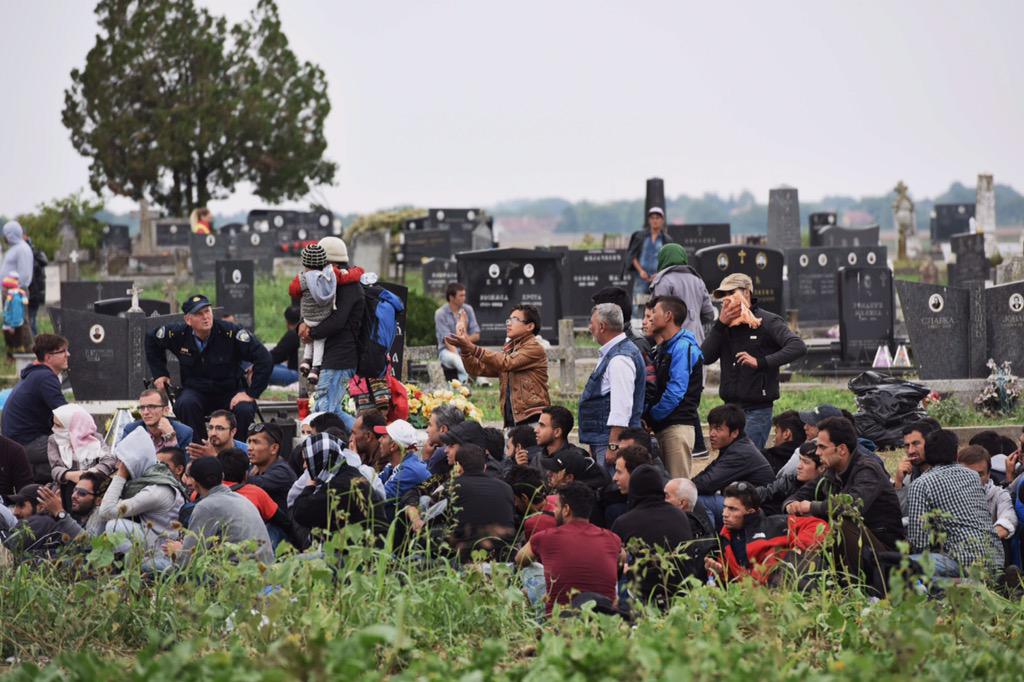
Stunning pics by @indexhu's János Bődey. #Refugees having a rest in a #Serbia-n cemetery near the #Croatia-n border: image via Szaboics Panyi #panyiszaboics, 24 September 2015
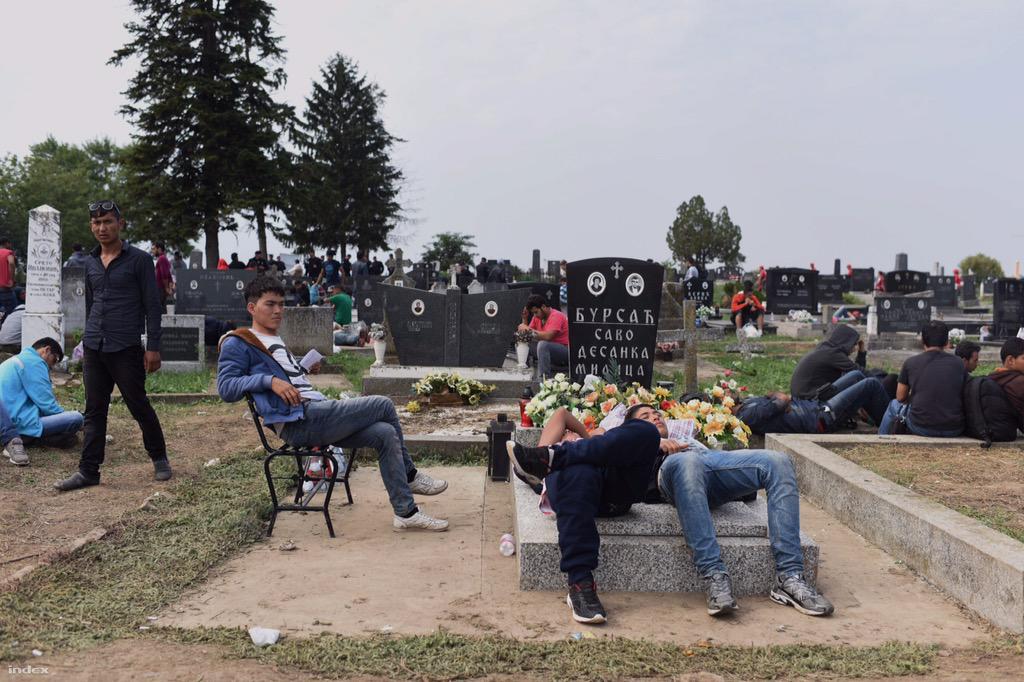
Stunning pics by @indexhu's János Bődey. #Refugees having a rest in a #Serbia-n cemetery near the #Croatia-n border: image via Szaboics Panyi #panyiszaboics, 24 September 2015
The Emigrants: Honoré Daumier, c. 1850, plaster (Musée du Louvre, Paris)
A worker walks past a bucket-wheel excavator in the Welzow Sued open-pit lignite coal mine on Friday near Welzow, Germany: photo by Sean Gallup via FT Photo Diary, 25 September 2015
Attila József: Consciousness
See, here inside is the suffering,
out there, sure enough, is the explanation.
Your wound is the world -- it burns and rages
and you feel your soul, the fever.
You are a slave so long as your heart rebels -
you become free by making it your pleasure
not to build yourself the kind of house
in which the landlord settles down.
out there, sure enough, is the explanation.
Your wound is the world -- it burns and rages
and you feel your soul, the fever.
You are a slave so long as your heart rebels -
you become free by making it your pleasure
not to build yourself the kind of house
in which the landlord settles down.
.
He has fully become a man
who has in his heart no mother, father,
who knows that he gets life
only as an extra to death
and, like something found, he will give it back
at any time, that's why he keeps it safe,
who is not a god and not a priest
either to himself or anyone.
who has in his heart no mother, father,
who knows that he gets life
only as an extra to death
and, like something found, he will give it back
at any time, that's why he keeps it safe,
who is not a god and not a priest
either to himself or anyone.
.
Like a pile of hewn timber
the world lies heaped up on itself,
one thing presses and squeezes and
interlocks with the other,
so each is determined.
Only what is not has a bush,
only what will be is a flower,
what is crumbles into fragments.
the world lies heaped up on itself,
one thing presses and squeezes and
interlocks with the other,
so each is determined.
Only what is not has a bush,
only what will be is a flower,
what is crumbles into fragments.
.
In the goods station yard
I flattened myself against the foot of the tree
like a slice of silence; grey weeds
reached up to my mouth, raw and queerly sweet.
Dead still I watched the guard, (what was he sensing?)
and, on the silent waggons,
his shadow which kept obstinately jumping
upon the lustrous dew-laden coal-lumps.
I flattened myself against the foot of the tree
like a slice of silence; grey weeds
reached up to my mouth, raw and queerly sweet.
Dead still I watched the guard, (what was he sensing?)
and, on the silent waggons,
his shadow which kept obstinately jumping
upon the lustrous dew-laden coal-lumps.
.
I live by the railway line. Many trains
go past here and, time and again,
I watch the lighted windows fly
through the fluttering fluff-darkness.
So through eternal night
rush illuminated days
and I stand in each cubicle of light,
I lean upon my elbows and am silent.
go past here and, time and again,
I watch the lighted windows fly
through the fluttering fluff-darkness.
So through eternal night
rush illuminated days
and I stand in each cubicle of light,
I lean upon my elbows and am silent.
Attila József (1905-1937), from Consciousness (Eszmelet), 1934, translated from the Hungarian by Michael Beevor in Attila József: Poems (Danubia, 1966)
A child sits behind a fence as refugees and migrants wait for a train heading to Serbia near the Macedonian-Greek border on Friday: photo by Armend Nimani/AFP, 25 September 2015
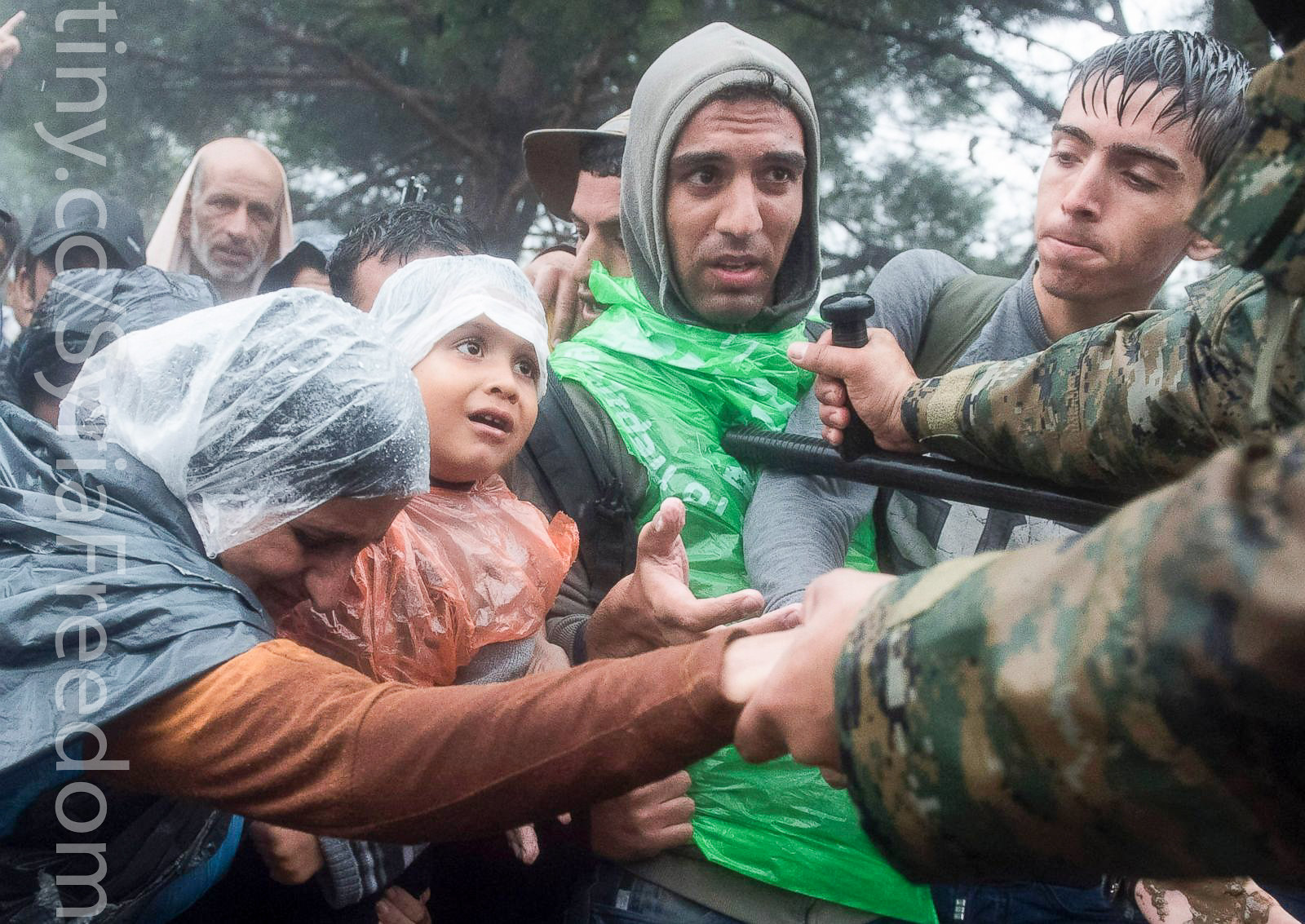
Macedonian border police attempt to manage the passage of refugees and migrants to southern Macedonia, September 10. Thousands of people braved torrential downpours to cross Greece's northern border with Macedonia: image by Freedom House, 15 September 2015
An artist dressed as Hindu goddess Kali leaves home for a religious procession in New Delhi, India: image via Agence France-Presse @AFP, 24 September 2015
Ultra-Orthodox Jews check palm fronds to determine if they are ritually acceptable as one of the four items used as a symbol on the Jewish holiday of Sukkot in Jerusalem, Thursday: photo by Oded Balilty/AP, 24 September 2015
Muslim pilgrims making their way to cast stones at a pillar symbolizing the stoning of the devil in Mina, near the holy city of Mecca, Saudi Arabia, on Thursday: photo by Mosa'Ab Elshamy/Associated Press via New York Times, 24 September 2015
An Indonesian mother tends to her daughter during the Eid Al-Adha festival at the Al-Azhar mosque in Jakarta. Muslims across the world celebrate the annual festival of Eid al-Adha, or the Festival of Sacrifice, which marks the end of the Hajj pilgrimage to Mecca: photo by Adek Berry/AFP, 24 September 2015

Eid Al-Adha: Indonesia: image via Agence France-Presse @AFP, 24 September 2015
#South Africa celebration of #EidAlAdha in Lenasia, where thousands gathered for the prayer @AFPphoto @mlongari: image via AFP Photo Department @AFPphoto, 25 September 2015
Pakistani Muslims offer #Eid al-Adha prayers at the Badshahi Mosque in Lahore: image via AFP Photo Department @AFPphoto, 25 September 2015

#India - - Snapshots of Chand Baori stepwell in Abhaneri, Rajasthan. By @Alex_Ogle #AFP: image via AFP Photo Department @AFPphoto, 25 September 2015
Great old stepwell in Rajasthan, India - open to all for a few hours on one day each year to mark Hindu festival @AFP: image via Alex Ogle @Alex_Ogle, 24 September 2015

#India - - Snapshots of Chand Baori stepwell in Abhaneri, Rajasthan. By @Alex_Ogle #AFP: image via AFP Photo Department @AFPphoto, 25 September 2015
Nepalese Hindu women, dressed in red, are led by a priest as they recite prayers during celebrations of the Teej festival at the Pashupatinath temple area in Kathmandu: photo by Prakash Mathema/AFP, 16 September 2015
Muslim students pray for rain to put out the fires which enveloped the region at Palembang 1 senior high school in Palembang, South Sumatra, Indonesia, on Thursday: photo by Feny Selly/Antara Foto/Reuters, 17 September 2015
Nepalese Hindu women take a ritual bath in the Bagmati River during the Rishi Panchami festival in Kathmandu. Rishi Panchami marks the end of the three-day long Teej festival, in which married women fast and pray for the good health of their husbands to Shiva, the Hindu god of destruction, while unmarried women wish for handsome husbands and happy conjugal lives.: photo by Mathema Prakash/AFP, 18 September 2015
An Afghan boy eats an ice cream as he waits for customers at a
livestock market ahead of the sacrificial Eid al-Adha festival in
Mazar-i-Sharif on Monday. Muslims across the world are preparing to
celebrate annual festival of Eid al-Adha or the festival of sacrifice
which marks the end of the Hajj pilgrimage to Mecca: photo by Farshad Usyan/AFP, 21 September 2015
Palestinian women from the so-called Murrabit group raise copies of the Koran, Islam’s holy book, and shout slogans in front of Israeli security forces during a protest against Jewish groups visiting the Al-Aqsa mosque compound in Jerusalem's old city on Tuesday: photo by Ahmad Gharabli/AFP, 22 September 2015
Ultra-Orthodox Jews of the Dorog Hassidic sect gather around a
butcher just before he slaughter a chicken as part of the Kaparot
ritual, in which it is believed that one transfers one’s sins from the
past year into the chicken, in the ultra-Orthodox city of Bnei Brak near
Tel Aviv, Israel, Tuesday: photo by Oded Balilty/AP, 22 September 2015
Israelis walk in the middle of an empty street during the Jewish
holiday of Yom Kippur, in Jerusalem, Wednesday. Yom Kippur, or ‘Day of
Atonement,’ is the holiest of Jewish holidays when observant Jews atone
for the sins of the past year and the nation comes to almost a complete
standstill: photo by Mahmoud Illean/AP, 23 September 2015
Israelis walk in the middle of an empty street during the Jewish
holiday of Yom Kippur, in Jerusalem, Wednesday. Yom Kippur, or ‘Day of
Atonement,’ is the holiest of Jewish holidays when observant Jews atone
for the sins of the past year and the nation comes to almost a complete
standstill: photo by Mahmoud Illean/AP, 23 September 2015
A Muslim girl touches the holy Kaaba at the Grand Mosque: image via Reuters Top News @Reuters, 24 September 2015
César Vallejo: Piedra negra sobre una piedra blanca (Black stone on top of a white stone)
البيت العتيق -- The Primordial House "Kaaba" at Mecca during hajj season: photo by A.S. Dhanny, 19 October 2012
I shall die in Paris, in a rainstorm,
On a day I already remember.
I shall die in Paris -- it does not bother me --
Doubtless on a Thursday, like today, in autumn.
On a day I already remember.
I shall die in Paris -- it does not bother me --
Doubtless on a Thursday, like today, in autumn.
It shall be a Thursday, because today, Thursday
As I put down these lines, I have set my shoulders
To the evil. Never like today have I turned,
And headed my whole journey to the ways where I am alone.
César Vallejo is dead. They struck him,
All of them, though he did nothing to them,
They hit him hard with a stick and hard also
With the end of a rope. Witnesses are: the Thursdays,
The shoulder bones, the loneliness, the rain, and the roads...
Panorama of Masjid al-Haram (the Grand Mosque) at Mecca, Saudi Arabia: photo by Bluemango2z, 22 December 2007
Me moriré en París con aguacero,
un día del cual tengo ya el recuerdo.
Me moriré en París y no me corro
tal vez un jueves, como es hoy, de otoño.
un día del cual tengo ya el recuerdo.
Me moriré en París y no me corro
tal vez un jueves, como es hoy, de otoño.
Jueves será, porque hoy, jueves, que proso
estos versos, los húmeros me he puesto
a la mala y, jamás como hoy, me he vuelto,
con todo mi camino, a verme solo.
César Vallejo ha muerto, le pegaban
todos sin que él les haga nada;
le daban duro con un palo y duro
los días jueves y los huesos húmeros,
la soledad, la lluvia, los caminos...
César Vallejo (1892-1938): Piedra negra sobre una piedra blanca (Black stone on top of a white stone) from Poemas Humanos (Human Poems) (1923-1938), 1938; English translation by Thomas Merton, 1960
Deadly haj disaster the worst to strike the annual pilgrimage for 25 years: image via Reuters Top News @Reuters, 24 September 2015
UPDATE: Death toll at Saudi Haj crush rises to 453 and 719 injured: image via Reuters Top News @Reuters, 24 September 2015
Taijun Yajima, chief priest at Koukokuji temple, stands for a photograph inside the Ruriden columbarium as glass Buddha statues sit illuminated by light-emitting diodes (LED) at the Koukokuji temple in Tokyo, Japan: photo by Kiyoshi Ota/Bloomberg, 11 September 2015
Taijun Yajima, chief priest at Koukokuji temple, stands for a
photograph inside the Ruriden columbarium as glass Buddha statues sit
illuminated by light-emitting diodes (LED) at the Koukokuji temple in
Tokyo, Japan: photo by Kiyoshi Ota/Bloomberg, 11 September 2015
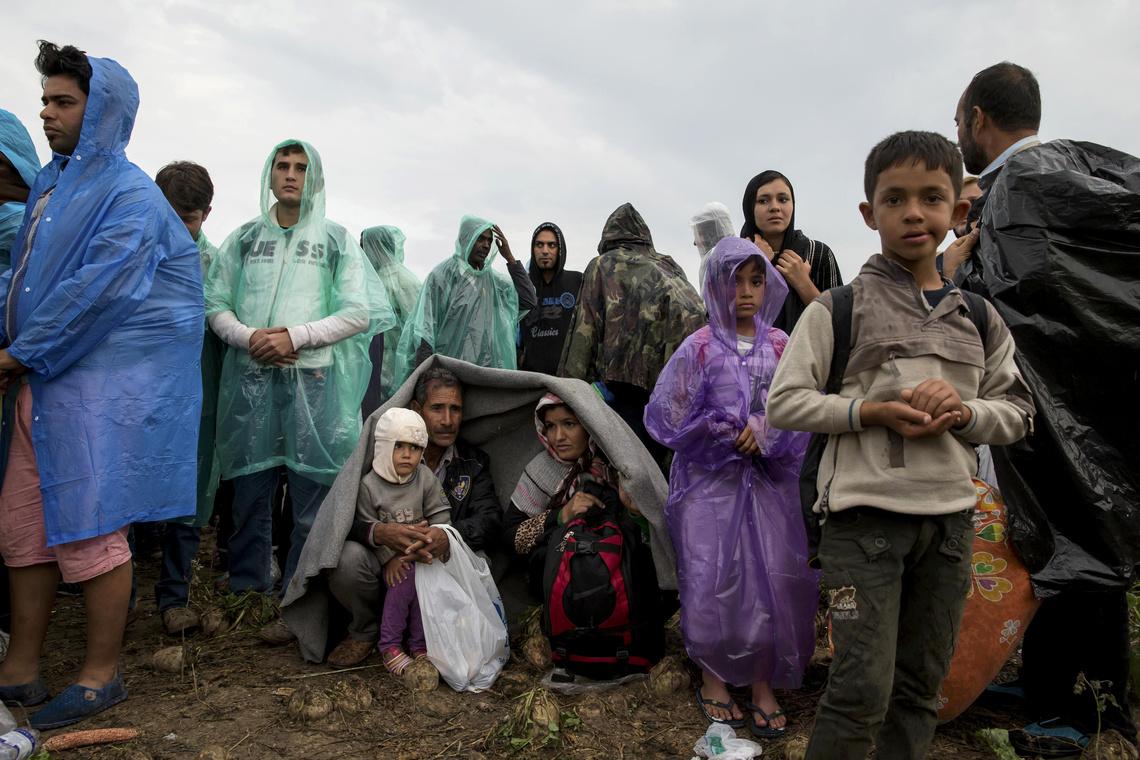




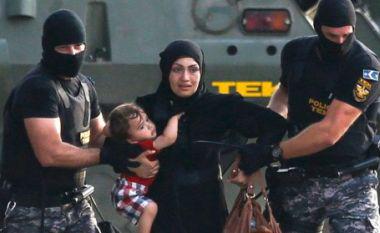
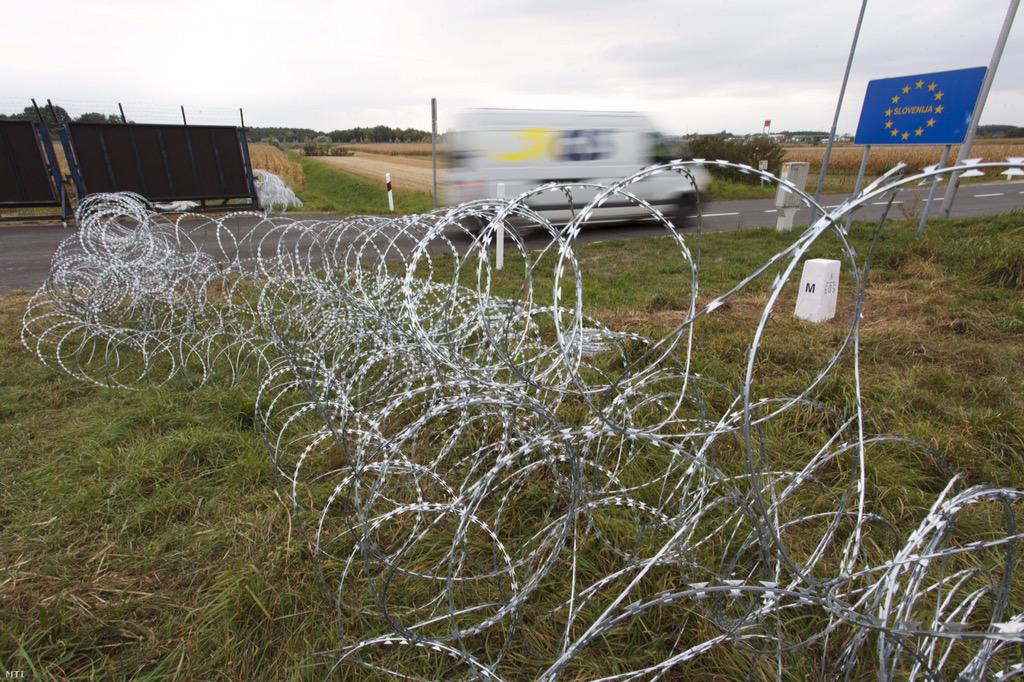
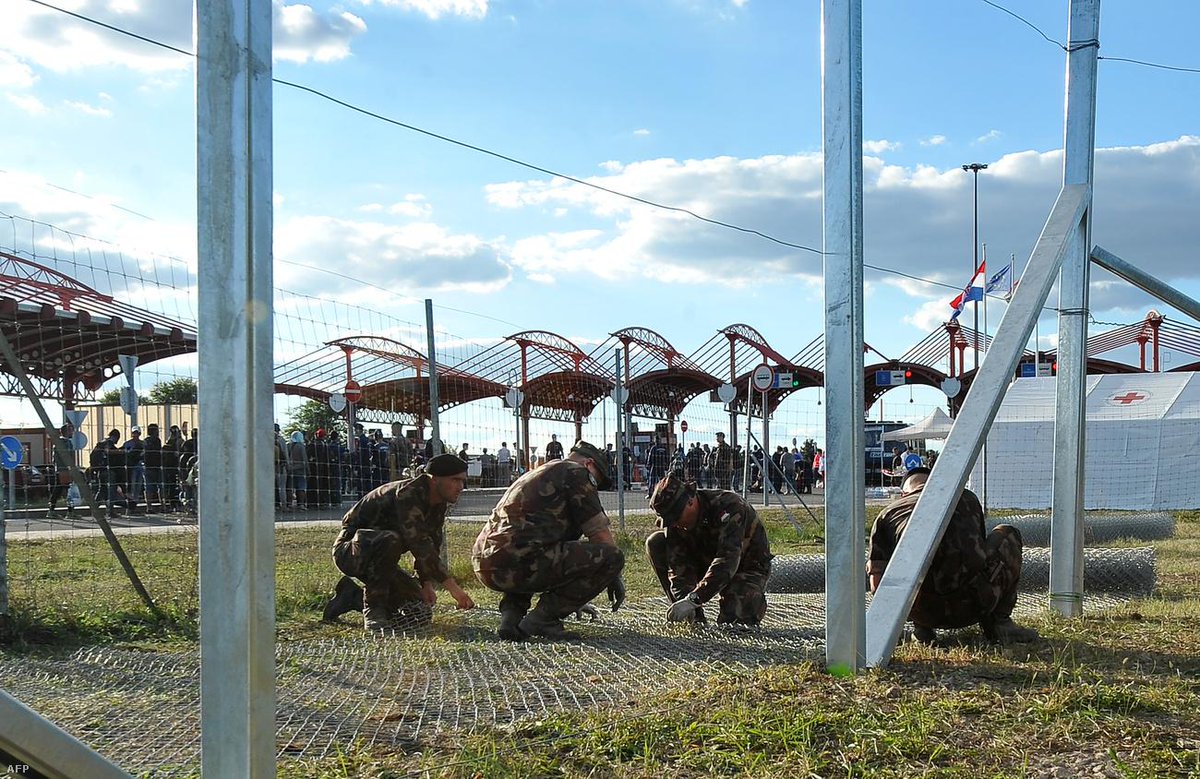

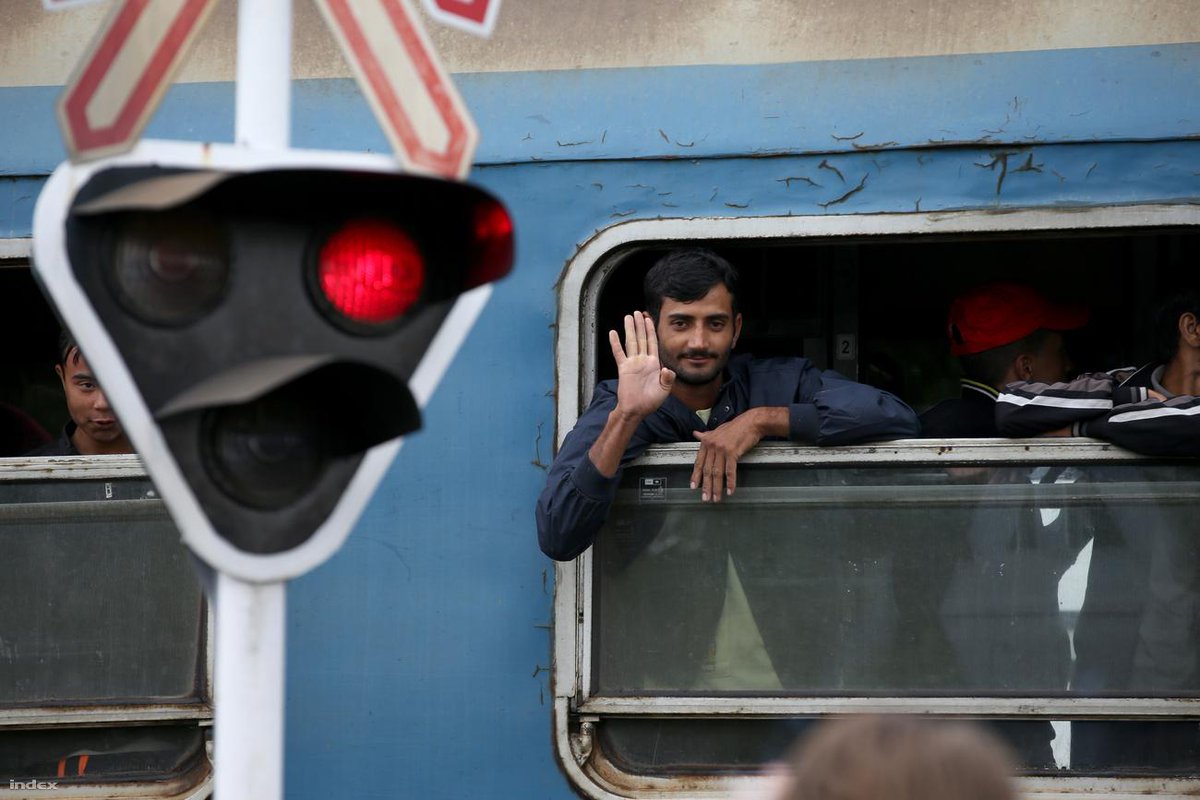
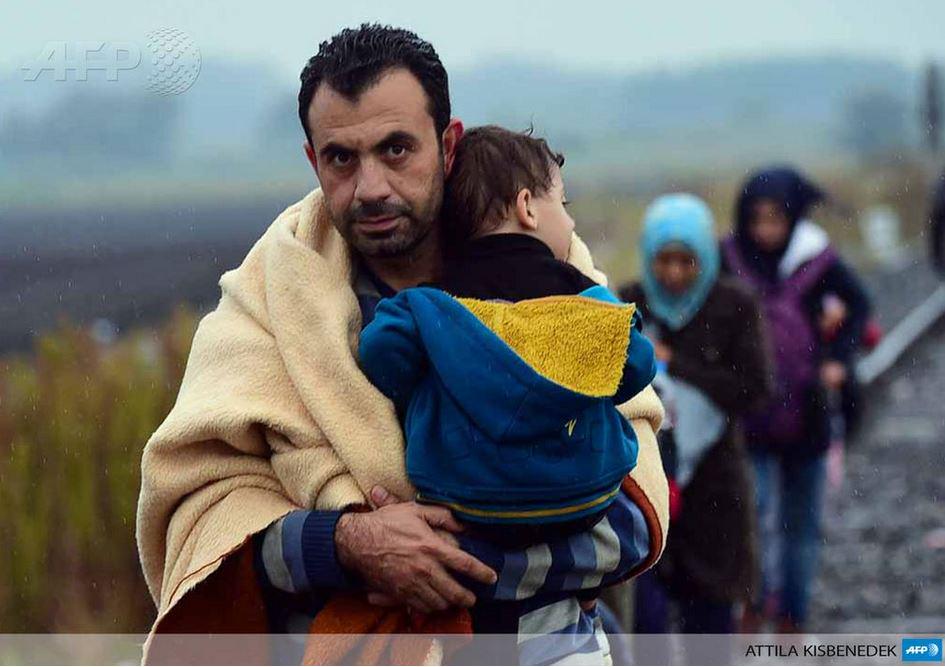


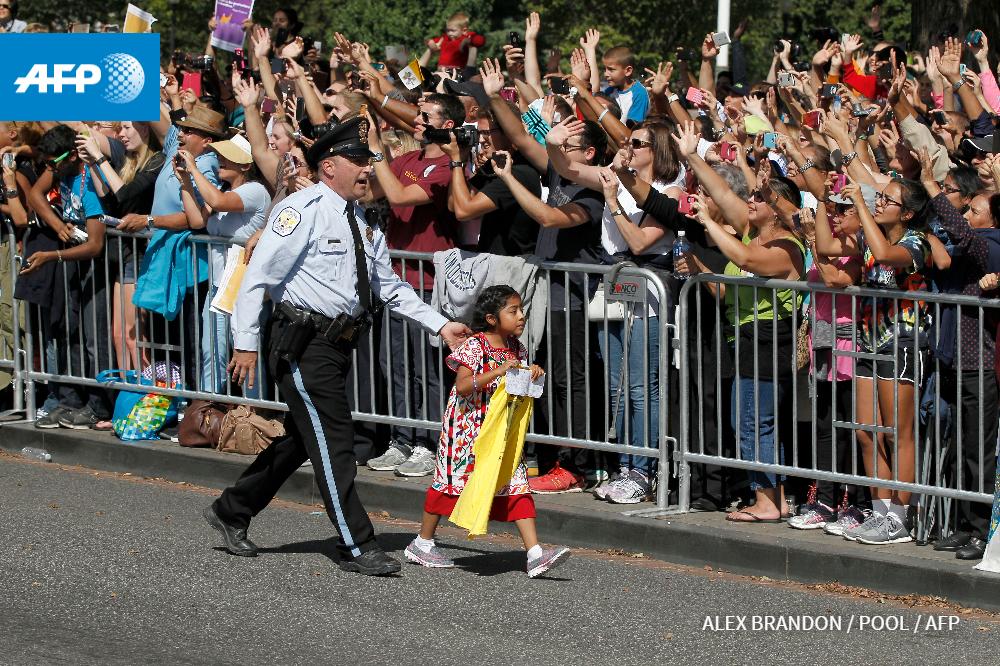
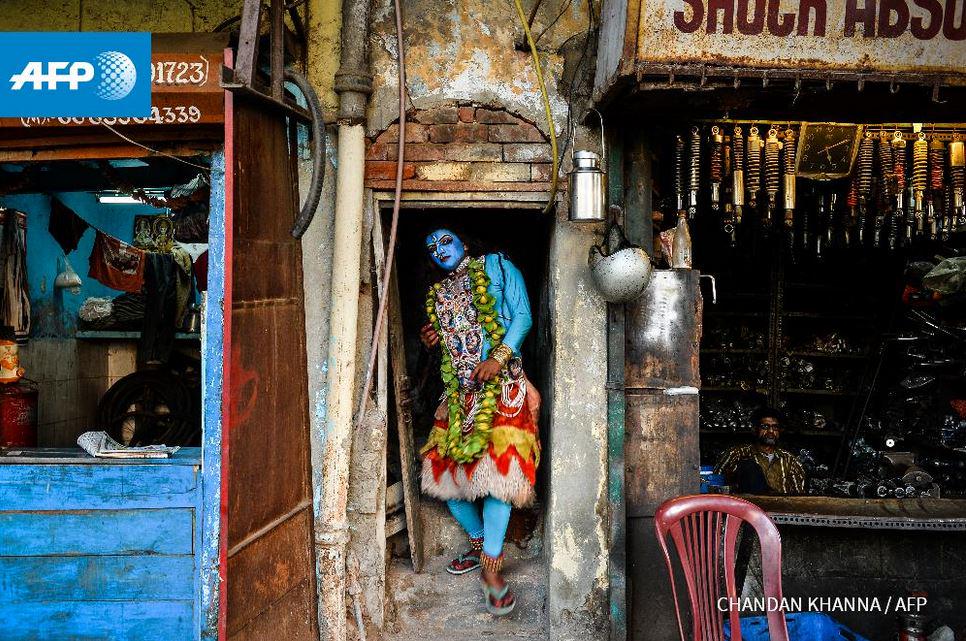


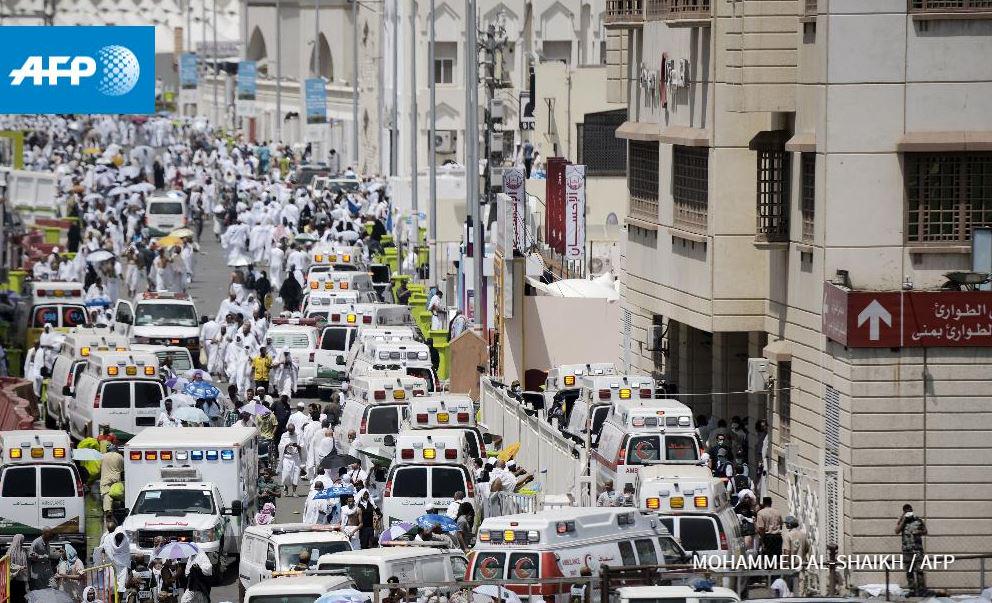
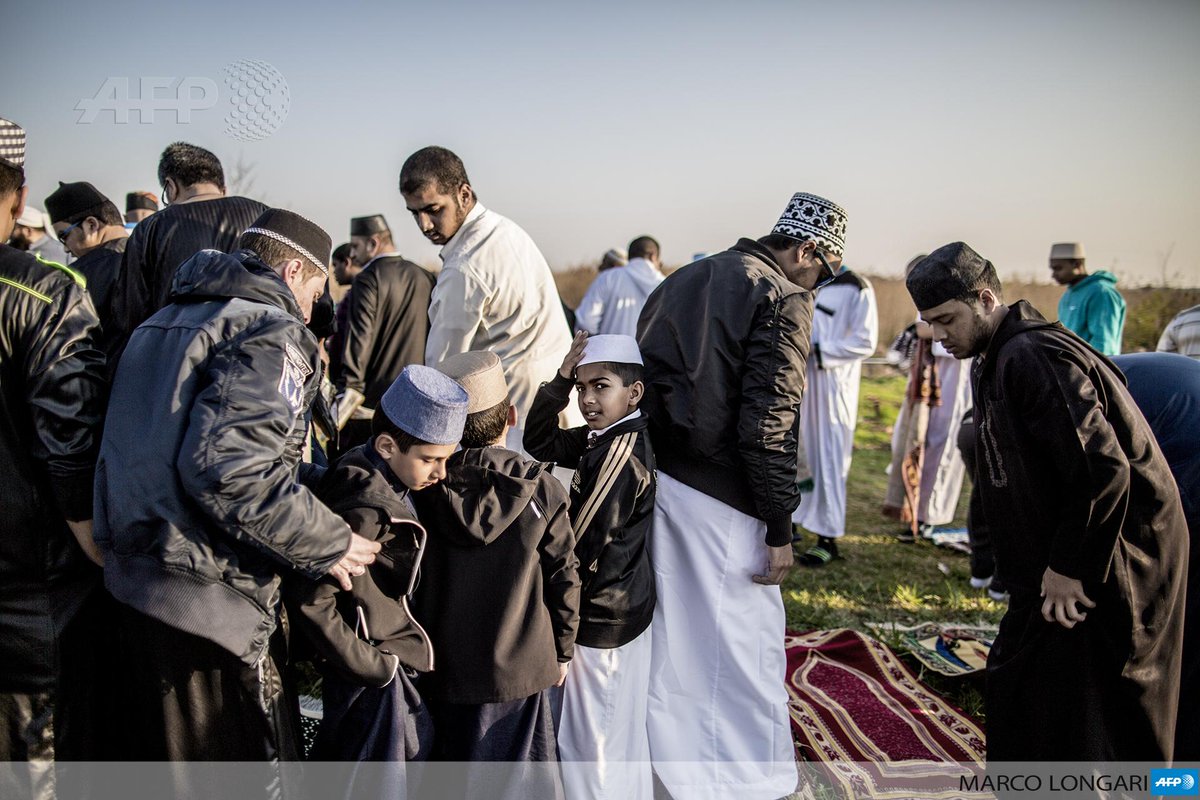
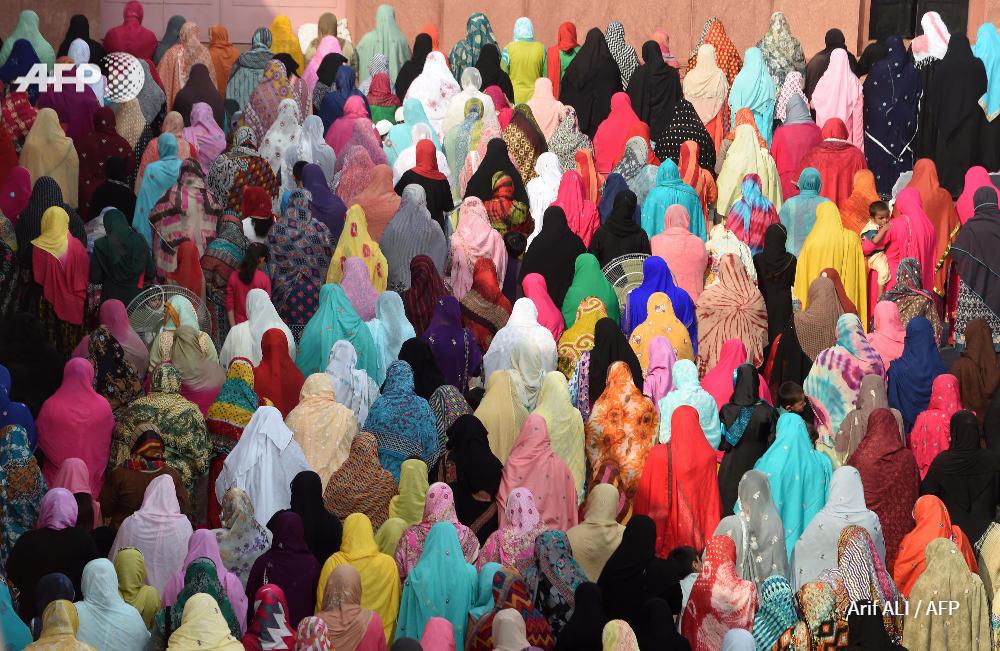
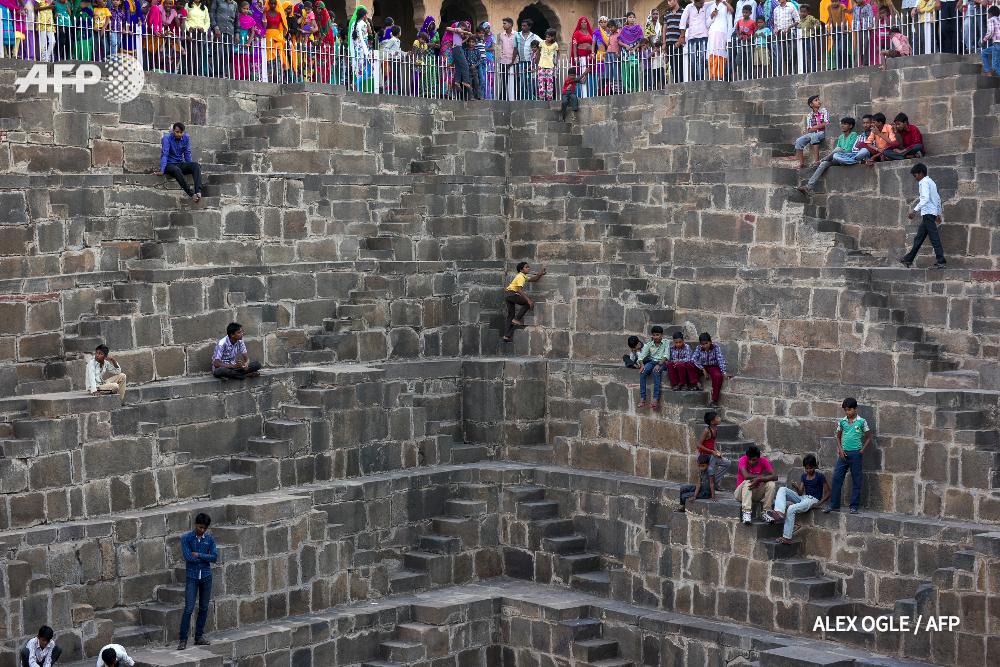
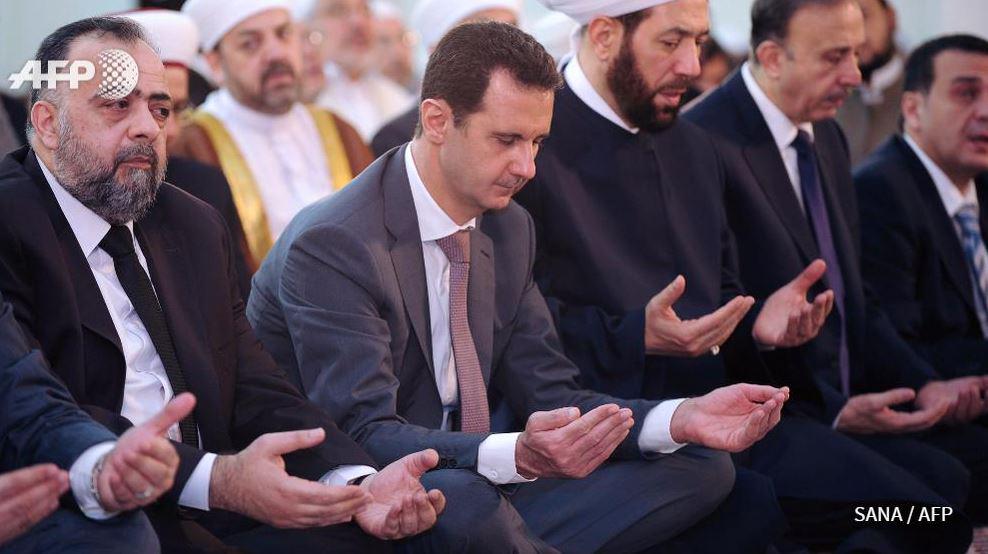
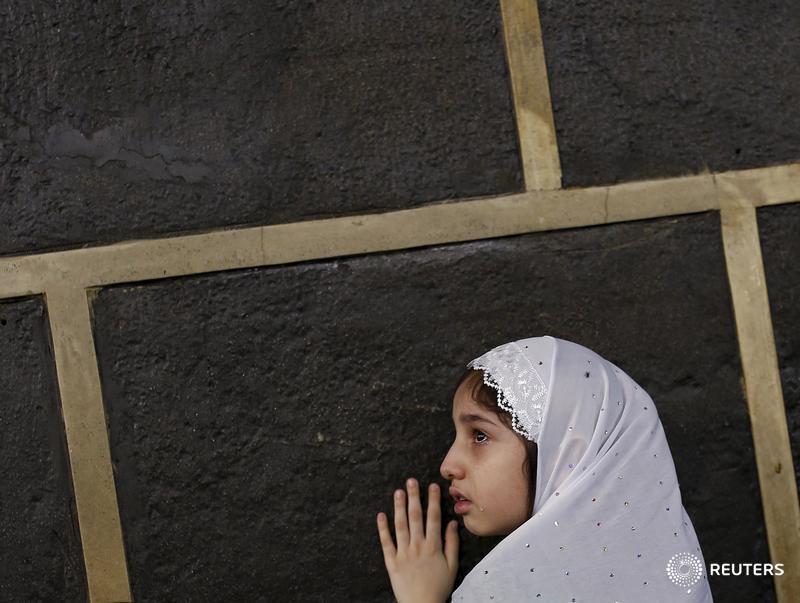





5 comments:
y ¿qué une a la gente?...
necesidades ?
deseos ?
la desesperación ?
fe?
sangre?
memoria?
creo que más que todo el dolor...
They stir, but inertia holds them
This is the thing. Perhaps the true revolutionary moment has long sense slipped our grasp.
Vallejo's poem - at the heart.
El dolor, sí.
Sin embargo, un dolor que no se puede escapar, ya que la rodea, encierra, sigue cuando intenta mover.
No es un hecho de la física, sino un hecho de la condición humana, "la forma en que viven ahora" (The Way We Live Now) -- el miedo, la desconfianza de los demás ...
Este dolor es inevitable -- una especie de inercia, ya que el buen hombre dice.
El poeta Vallejo también fue un refugiado, de las clases. Pero siempre huía solo. A más terrible especie de tristeza ...
Duncan is surely right. Vallejo's poem lies at the heart of everything, the perpetual rainy Thursdays and dry Thursdays, the neverending funeral cortège of lost revolutionary moments.
Vallejo fue un exiliado. El poeta Attila Jószef, también - un exiliado en su propia tierra, en su propia vida ...
Post a Comment